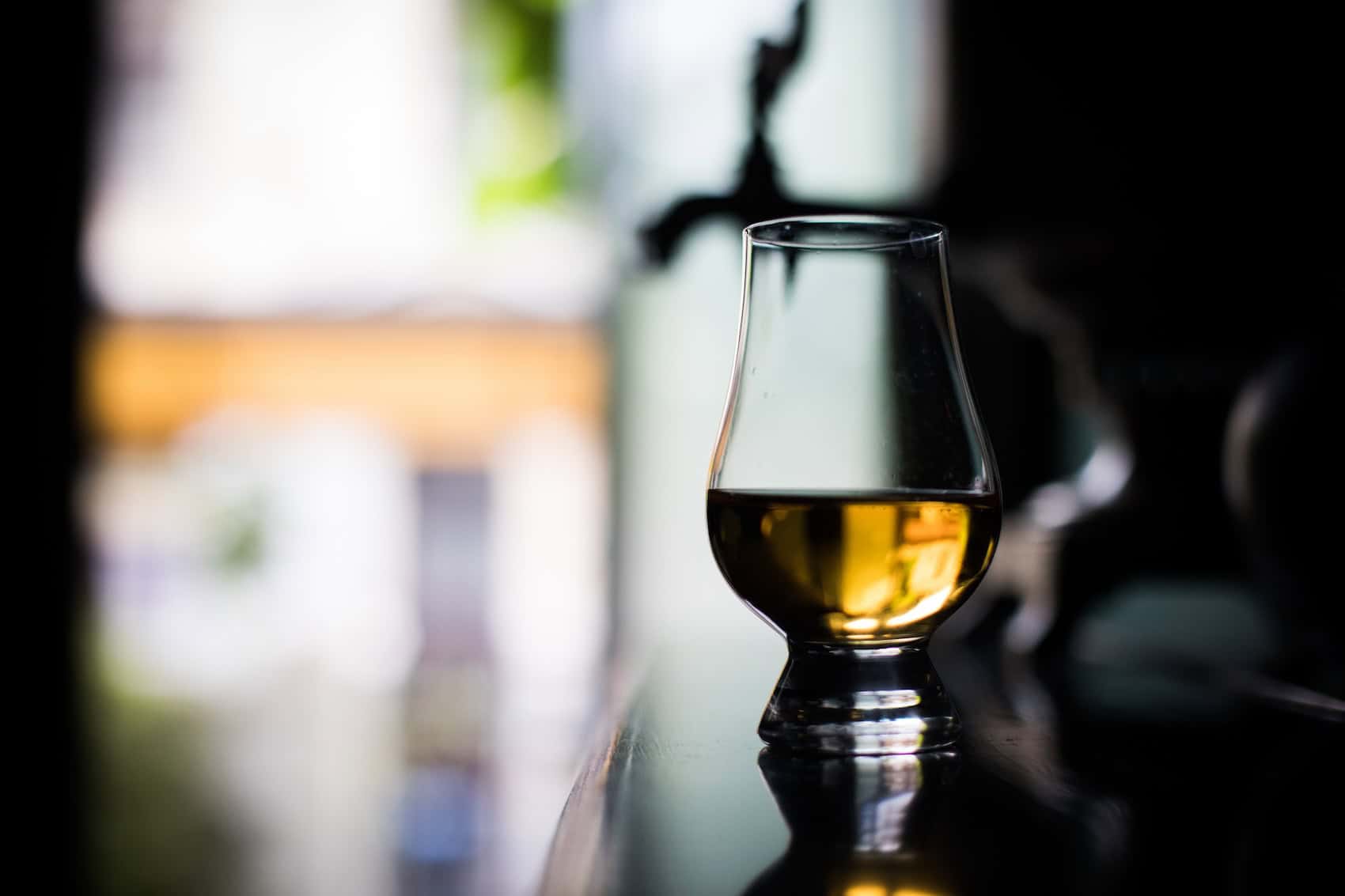-
Whisky or Whiskey? Scotch or Single Malt?
Is it whisky or whiskey, Scotch or single malt? Should we have called our company Scotch Whisky Tours? Whisky has many names reflecting a long and winding history of everyone’s favourite spirit.
The variations in terminology often leave even seasoned enthusiasts wondering which is which. At its core, the distinction between “whisky” and “whiskey” boils down to geography and tradition. Scotland and Canada favour the spelling “whisky”, while Ireland and the United States prefer “whiskey” with an additional “e”. This minor spelling difference might seem trivial, but it’s deeply rooted in national pride and regional identity.
The terms don’t stop there. The word “Scotch” is used exclusively for whisky made in Scotland, produced under strict regulations to preserve its quality and reputation. Scotch whisky is revered for its depth of character, with each region — from the peaty Islays to the fruity Speysides — producing distinct flavours and aromas. Meanwhile, “single malt” refers to a whisky made at a single distillery using malted barley, resulting in a purer expression of that distillery’s craft.
Understanding these subtle differences is more than just semantics. For those embarking on scotch whisky tours across Scotland, knowing the language of whisky will enrich the experience, helping to fully appreciate the nuances of each dram. Whether you’re a novice or a connoisseur, the terminology tells a story—one of tradition, craftsmanship, and the ever-evolving world of this beloved spirit.

The Origins of the Term “Scotch”
The term “Scotch” has a long and storied history, rooted in the desire to distinguish whisky made in Scotland from other whiskies around the world. Although “Scotch” is now synonymous with premium whisky, the name itself evolved as a way to set Scottish whisky apart from its international counterparts and to protect its reputation as a unique and authentic product.
The use of “Scotch” dates back to the late 18th and early 19th centuries, when whisky production was booming across the British Isles. At that time, Scottish distillers were experimenting with new techniques and ingredients, developing a spirit that was noticeably different from Irish and English whiskies (yes, English whisky was a thing in the 18th century!) This difference, along with the specific methods and local ingredients, made their whisky stand out. Soon, Scottish distillers began to refer to their spirit as “Scotch whisky” to highlight its origin and differentiate it from the rest.
By the mid-19th century, the popularity of Scotch whisky had spread across the globe, thanks in part to Scottish emigrants who took their beloved drink with them to distant lands. The rise of Scotch whisky coincided with the decline of Ireland and England’s whisky industries, solidifying “Scotch” as the gold standard in global whisky production.
Today, the word “Scotch” is legally protected and highly regulated. Under the Scotch Whisky Regulations 2009, the term can only be used for whisky that is distilled and matured in Scotland for a minimum of three years. These regulations ensure that each bottle of Scotch meets the same high standards and is crafted with respect for centuries-old traditions. As a result, the name “Scotch” not only signifies its geographical origin but also its quality, heritage, and authenticity.
For those exploring scotch whisky tours, understanding this history adds another layer to the experience. Each dram is more than just a taste of whisky—it’s a sip of Scottish heritage, a reminder of the passion that turned the word “Scotch” into a mark of excellence recognised around the world.